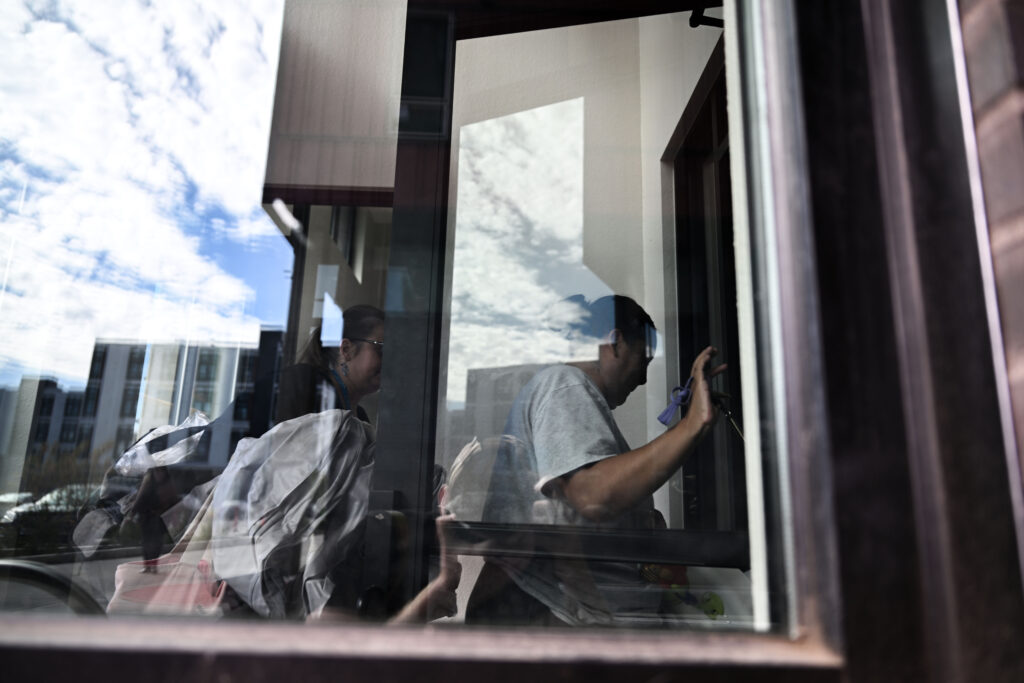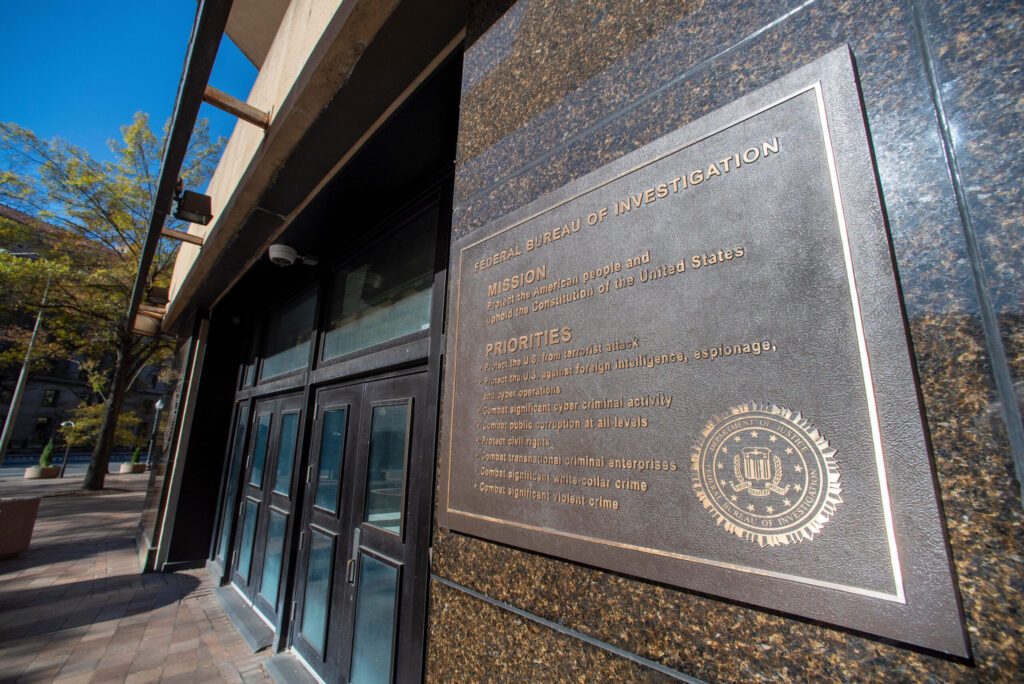Colorado Senate verbally jousts over union activity on the clock

State Sen. Bob Gardner was having breakfast reading the newspaper when he saw that a public-sector union was on strike elsewhere in the country. The Republican from Colorado Springs was not supportive.
“And I got to thinking about the fact that those collective bargaining agreements are often negotiated by people who are being paid by the taxpayers to negotiate against the interests of the elected officials and the government that the taxpayers fund,” he told the Senate chamber Monday morning.
The result was Senate Bill 175, a juicy bone for partisan union interests to chew on in the statehouse. Gardner’s bill would stop public-sector union members from organizing or deliberating about labor or contract issues on the clock.
That lit a political fire under a handful of Democrats, who support unions, especially those that serve teachers, police officers and firefighters.
“Unions are a great way for the middle class to grow,” said Sen. Matt Jones, D-Boulder.
Jones and Sen. Andy Kerr, D-Lakewood, noted that the bill not only bars activity outside formal job descriptions but “informal” employment contracts, as well.
“That could mean anything,” Jones said.
Sen. Rhonda Fields, D-Aurora, said the bill is discriminatory, since managers wouldn’t be covered by the same restrictions against collaborating and negotiating during work hours. Such restrictions aren’t used against unions in private workplaces, she said.
“This is 2018,” Fields said. “Employees should have the right to discuss and collaborate on an agreement in reference to how they’re going to work. Who are we in this chamber to tell public employees they can’t organize? My goodness, what year are we in?”
The bill passed on a voice vote Monday and if it passes a recorded vote – Republicans have a one-seat majority in the upper chamber – it would go over the Democratic-led House, where it’s dead on arrival.
“You don’t negotiate for a raise on the weekend,” said Sen. Mike Merrifield, D-Colorado Springs.
He suspected an anti-union bias by the Senate Republicans.
“I know how the bread is buttered, and I know how we’re going to come down on this bill,” Merrifield told the Senate. “But we should get it o the record: This bill is an attack on public-sector unions.”














